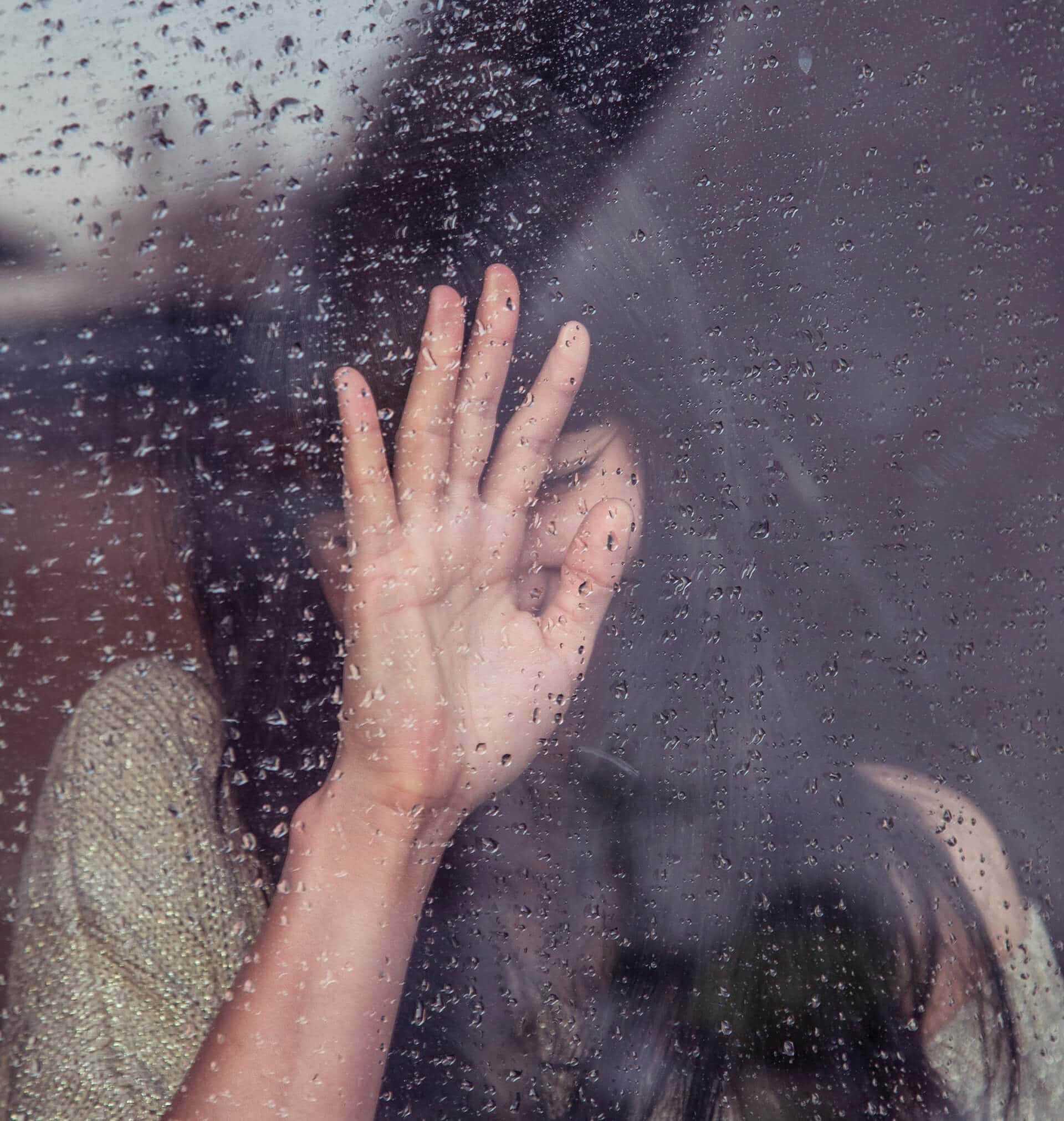Understanding Seasonal Depression
During the fall and wintertime when the sun decides to hide behind the clouds, your mood may be off. You cannot explain what is making you feel so down. This is because you are experiencing something called seasonal depression which only occurs at a certain time of the day. You may be depressed during the seasons that offer you less sun or the days when it gets dark early.
Feel-good serotonin chemicals come from the sun. If you are receiving less of that, your brain chemistry may respond to it by putting you in a state of depression. You need to understand that seasonal depression is very normal. After all, 5% of the U.S. population struggles with seasonal depression. By recognizing the signs of seasonal depression, you can take power into your hands and do something about it.
Here is how you know you are suffering from seasonal depression.
Mood Changes
Just like with any other mood disorder, seasonal depression can make you feel sad or irritable. You may experience feeling hopeless or worthless about yourself.
The summertime brings you this ray of sunshine that makes you feel happy. When it goes away, you cannot help but get upset easily or prone to crying a lot.
Loss of Enjoyment
During the spring and summer, you probably could not wait to get outside knowing the sun was out there waiting for you. With no sun out, you suddenly have no interest in the things you used to enjoy.
When your friends ask you to hang out, you would prefer to be alone at home. This behaviour may seem questionable since you used to love being with your friends, but your depression is telling you that your friends are no longer enough to make you happy.
Negative Thoughts
Certain times of the day can make you more sensitive to criticism. If your friends are joking around with you or laughing at something you did, you will take it to heart more than if the sun was out.
Depression can make it so easy for you to be offended by what someone says as you already think low of yourself. If you find problems in everything and everyone, it will only confirm your negative thoughts.
Lifestyle Changes
Seasonal depression can interfere with your sleeping. You may find it hard to sleep through the night or you sleep too much as you dread the lack of sunlight outside.
Depression can also make you want to eat more junk food and sugary foods to help you feel better. This can lead to weight gain during the winter months.
Lack of Energy
Without the sunlight around to brighten your day, you could be feeling too tired to do things or lack motivation. It seems like everything requires too much effort.
While everything seems to be going great during the spring and summer seasons, winter and fall can make you feel stuck. It no longer seems like you want to fulfill your work and school responsibilities or have the motivation to even have fun.
Concentration Issues
Depression can make it hard to focus. Fixation of negative thoughts makes it hard to leave room for anything else.
Not being able to concentrate can provide challenges to submitting assignments on time or doing well on tests. The same can be said if you cannot focus on any work projects.
It is not until certain times of the year when there is less sunlight that you will notice these symptoms. Once the days of sunlight become longer, you will start to feel better. However, you should do what you can to treat seasonal depression through light box therapy, individualized counselling, medication, and more. By taking control of your seasonal depression, you are finding ways to feel happy all year around.

